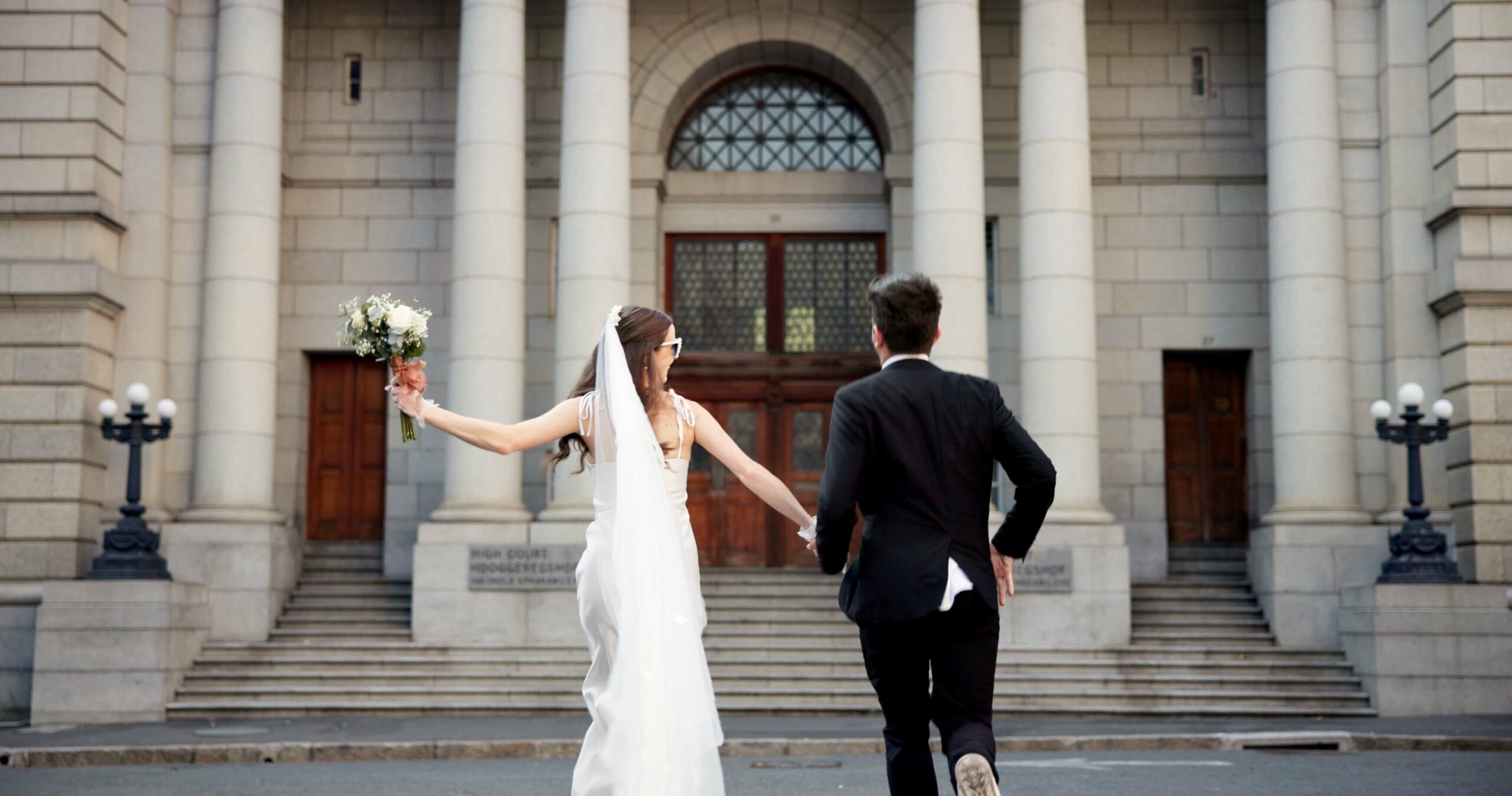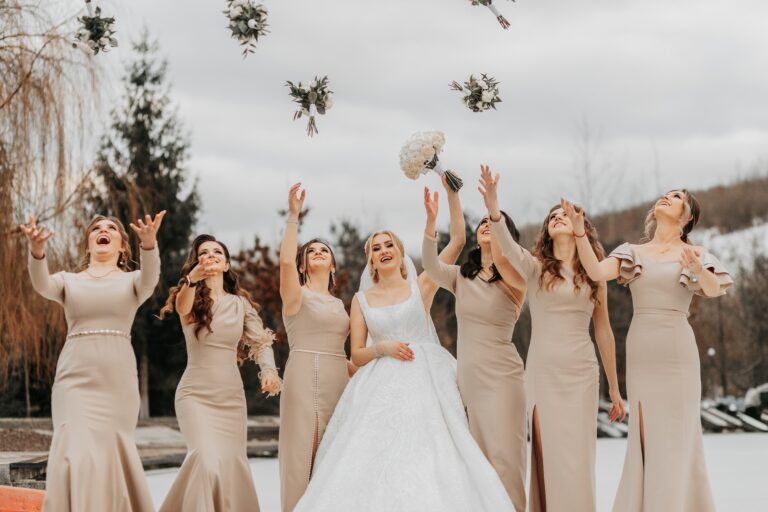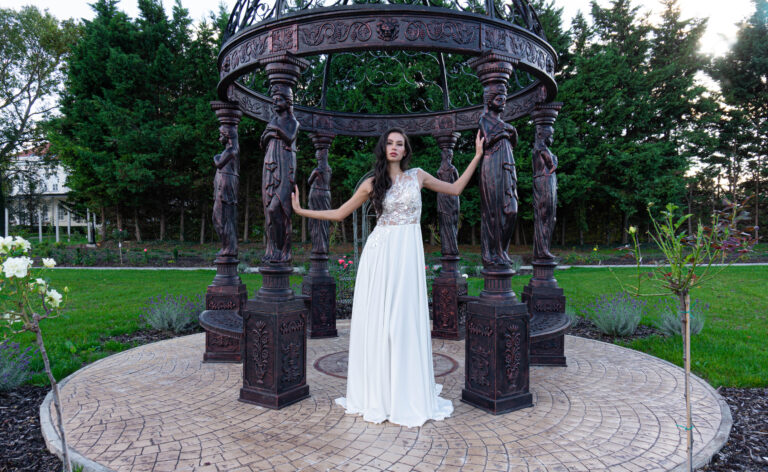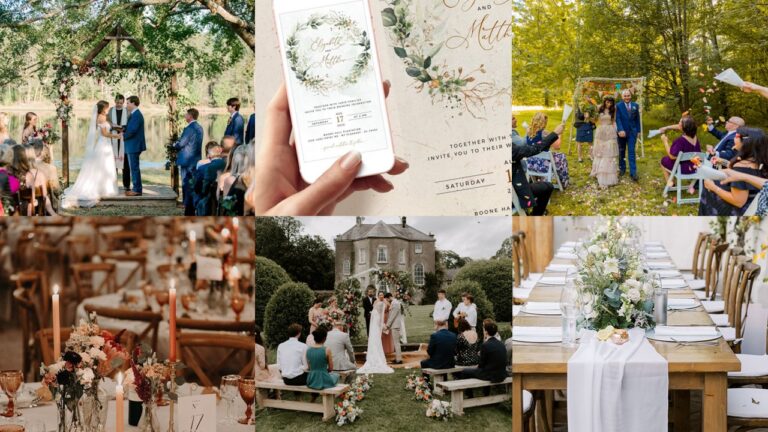Everyone loves to talk about the romance of a wedding, but less is said about the formalities that need to be done before you can say "I do". Although it's not a never-ending paperwork process, it's worth starting early to make sure everything runs smoothly and nothing gets in the way of your love.
The first step, to register your intention to get married at the civil registry office in your place of residence. A declaration of our intention to marry must be made at the department, and both parties must appear in person.
You will need these documents to start the marriage:
- valid identity card, passport or driving licence
- address card
- for widows and widowers, the death certificate of a former spouse
- additional proof of foreign nationality may be required
- in the case of a previous marriage, a final court order or a certified marriage certificate
A waiting period of 30 days starts after you have notified your intention to marry. During this period, the registrar checks that there are no obstacles to the marriage. If everything is in order, a date can be set for the wedding, which is valid for one year from the date the declaration is made.
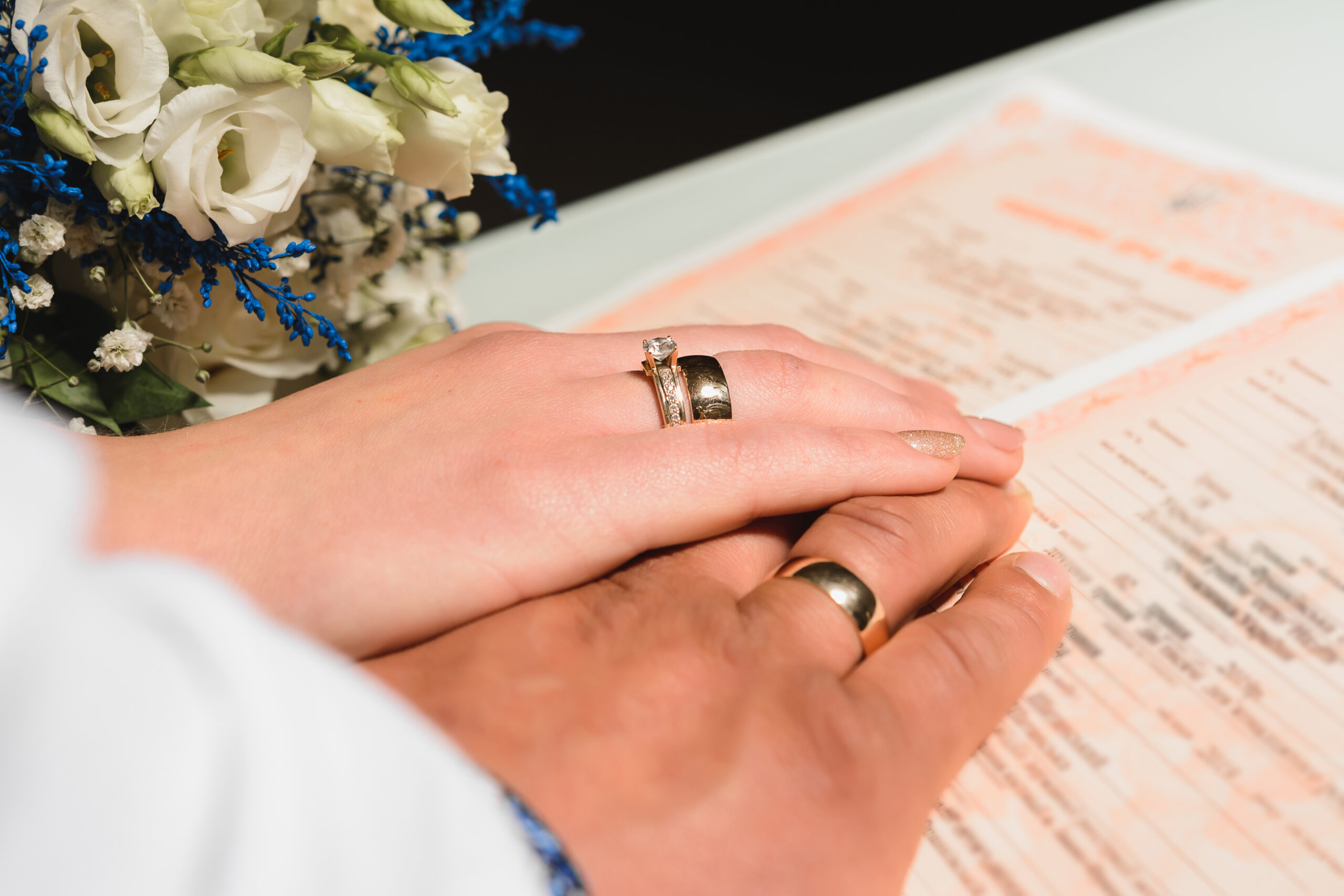
The marriage can take place at the registry office, but many places offer the possibility of holding a ceremony outside - but it is worth checking with the relevant office in advance.
When deciding on the date, it is worth bearing in mind that civil weddings cannot be performed on Sundays, 1 January, 15 March, Good Friday, Easter Sunday, Easter Monday, 1 May, Whit Sunday, Whit Monday, 20 August, 23 October, 1 November and 24-26 December, and, if it is a public holiday for civil servants of the relevant body of representatives, on 1 July. An extra charge may be made for Saturday or for an outside location.
If you also want a church wedding, that's a separate process. The religious ceremony has to follow the rules of the church of your choice, which often includes a marriage ceremony. It is important to know that the church ceremony alone is not sufficient for legal recognition of the marriage, so registration at the civil registry office is essential.
Although the paperwork is not the most exciting part of getting married, if all the papers are in order, only the creative organisational tasks remainto make everything perfect for the big day.
